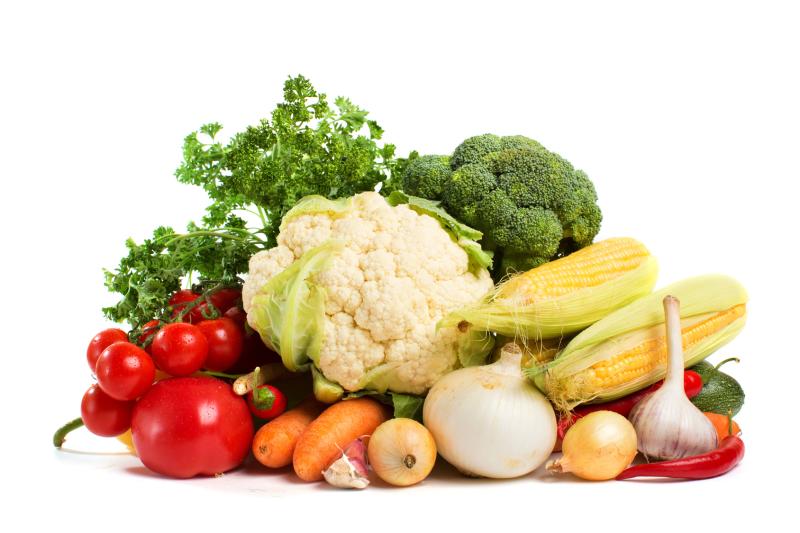
Eating foods high in antioxidants may protect against premature skin ageing, especially in men and women who are susceptible to sun damage and with moderate to high UV exposure, a study has found.
Researchers looked at 777 Australian adults (mean age, 39 years; 58 percent female) and estimated the total dietary antioxidant capacity of participants’ diets and graded photoaging severity using microtopography at three time points over a 15-year follow-up.
At baseline, 42 percent of the population had severe photoaging (grades 5 or 6), with the number increasing to 51 percent and 89 percent in 1996 and 2007, respectively. Those with higher photoaging grades at baseline were older, more likely to be male, be born in Australia or New Zealand, to have fair skin that always burned, have outdoor occupations, and have clinical photoaging of the neck and ≥1 actinic keratosis.
Higher antioxidant capacity was associated with greater consumption of vegetables, fruits, unrefined cereals, tea, and oily fish, and lower intakes of red meat and soft drinks, as well as greater amount of red wine consumed but lower of that of beer. Participants whose diets had greater antioxidant capacity tended to be female, older, not currently smoking, regular users of sunscreen, and regular consumers of dietary supplements, among others.
Baseline level of photoaging was not associated with smoking status, body mass index, leisure-time sun exposure, sunscreen use prior to trial, and trial treatment allocation.
On ordinal logistic regression analysis, consumption of foods with high vs low antioxidant capacity reduced photoaging by 10 percent over 15 years among adults aged >45 years. This effect was not observed among younger participants.
The present data suggest that antioxidants from foods may mitigate the effects of sun exposure on skin ageing among healthy men and women aged >45 years, the researchers said.